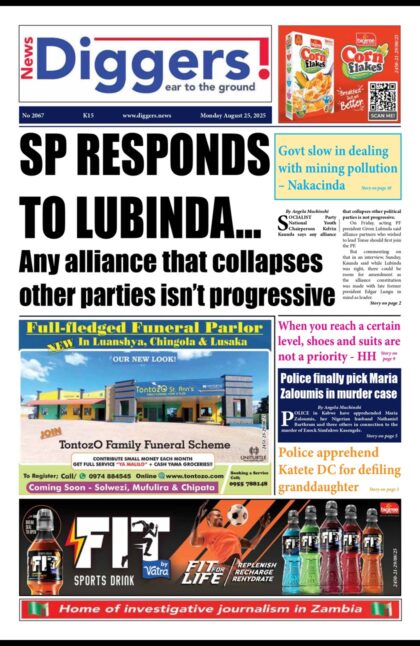In the last six months, Zambia has experienced long hours of loadshedding adversely affecting the economy. The government has approached this crisis with a steady urgency and is poised to undertake several measures under the 2025 national budget. Measures such as promotion of the use of off-grid solutions as well as the construction of an additional thermal power plant are among others. Yet, a significant part of these plans remains to be the importation of power from neighbouring countries through agreements known as Power Purchase Agreements (PPAs). The Zambia Electricity Supply Corporation (ZESCO), the state-owned power utility company has been a major participant in these PPAs. Thus, the focus of this piece is to discuss the challenges associated with lack of transparency in power deals, particularly PPAs.
A PPA is a contract that is entered into between the Independent Power Producers (IPPs) and a power utility to have electricity supplied. This contract involves provisions like price, payment stipulations and other mutual obligations. In most cases, the practice has been that the customer is a State-owned utility, which is further sponsored by an explicit or implicit financial guarantee from the government to fulfil the PPA’s financial terms.
Disclosure of information on PPAs is imperative to promote transparency, cure the culture of secrecy that surrounds these transactions. In 2023, the Energy Regulation Board (ERB) granted at least seven approvals for ZESCO to enter into PPAs. However, information regarding the utility’s involvement with IPPs, is only available in an annual energy sector report by Energy Regulatory Board. This delayed update is insufficient as other agreements signed during the course of the year will only be brought to the public’s attention when the ERB publishes its annual report a year later. Therefore, while consideration is being given to these contracts it is important to be alive to the inherent problems.
PPAs come with the risk of energy debt that consequently have an impact on public resources. This transpires when the government has been positioned as a sovereign guarantee in these agreements. In the past the government guaranteed ZESCO’s debt and consequently assumed huge debt when the utility company fails to pay the debt. The case of Maamba Collieries Limited is a practical example where the government had to pay part of ZESCO’s debt.
Over supply is another problem in PPAs. As noted already, PPAs are a contract hence, parties are required to fulfil their obligations. Therefore, the IPPs are obligated to provide the full capacity of a power contracted for, this is despite whether or not there is still need for power. This then results on one hand, over supply and the other, the baring of redundant costs. These “take-or-pay” clauses mean regardless of the demand or consumption, the utility company must foot the entire bill as is the case with the contract between ZESCO and Maamba Collories to supply 208 megawatts for 20 years.
There is also the challenge of governance in PPA procurement. Since information of these contracts is not publicly disclosed, PPAs have been characterised with the culture of secrecy which inhibits transparency and accountability-principles of good governance. The effect of this is the public’s trust in government’s decisions concerning public funds, as PPAs come with significant financial commitments. Additionally, not having a well outlined procurement process in power deals makes the process less competitive.
Furthermore, hydrological challenge as a consequence of climate change is another factor worth noting. This becomes a challenge where the contracted producers rely on hydro power. This means that the producer will continue to receive payment for fixed costs as the price clause under the contract stipulates, regardless of there being no production of power owing to drought.
Finally, the currency exchange rate is a bottleneck the utility is likely to encounter. For PPAs involving foreign investment, fluctuations in exchange rates can affect the cost of payments and overall project viability, leading to financial losses. This is unfavourable to the utility because it sells this electricity to local customers at a fixed Kwacha amount regardless of how the exchange rate has changed. Thus, in times when the Kwacha depreciates, ZESCO has found itself selling power at serious losses.
look out for part 2 of this piece where we discuss how transparency can assist in overcoming these challenges.
About the Author:
Lucy P. Musonda is an Advocate of the High Court of Zambia-AHCZ, she currently works for the Centre for Trade Policy and Development as a Legal Researcher. She holds an LLB from the University of Zambia and currently pursuing an MBA at Heriot-Watt University, Edinburgh School of Business.
























